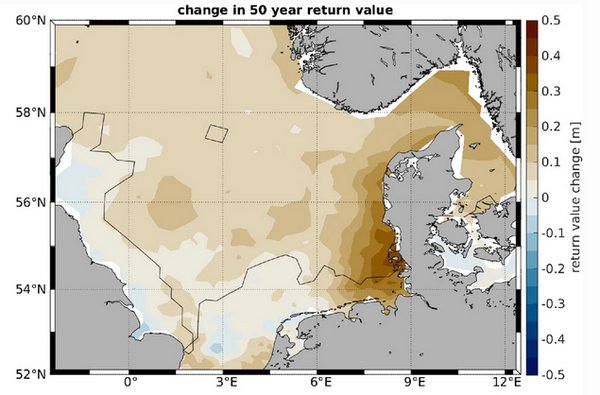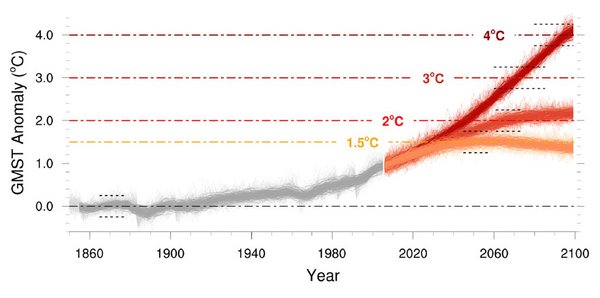![[Translate to English:] [Translate to English:]](/fileadmin/_processed_/e/a/csm_fig_aktuelles_GCB_gross_3097a4ad86.jpg)
Global Carbon Project: Tracking the fate of man-made CO2
After the global average of fossil carbon dioxide emissions dropped significantly in 2020, this year they are again approaching levels before the…
![[Translate to English:] [Translate to English:]](/fileadmin/_processed_/6/2/csm_fig_kleinen_35691d58ab.png)
Future methane concentration underestimated in climate change scenarios
In a new study in Environmental Research Letters Dr Thomas Kleinen and Prof Victor Brovkin, researchers at the Max Planck Institute for Meteorology…

Are midlatitude weather and climate influenced by Arctic Amplification?
Many factors and regions can influence how the weather and the climate of the mid-latitudes may change under global warming. Particularly the…
![[Translate to English:] [Translate to English:]](/fileadmin/_processed_/a/2/csm_IPCC_2021_Eyecatcher_5ff9ab1006.jpg)
New IPCC Assessment Report: Climate change widespread, rapid, and intensifying
How has climate changed up until the present? How will it change in the future? Questions like these are answered in the recently published first…
![[Translate to English:] [Translate to English:]](/fileadmin/_processed_/e/4/csm_210721_Abb_PM_Brovkin_6b835aebdd.jpg)
Past abrupt changes provide evidence of cascading tipping points and ‘early warning signals’ in the Earth system
Can climate change result in a collapse in parts of the Earth system, what impacts would these events have on society, and can they be predicted? In…
![[Translate to English:] [Translate to English:]](/fileadmin/_processed_/b/a/csm_COVID_Figure_teaser_150371e1e1.jpg)
Climate response to emissions reductions due to COVID-19: Initial results from CovidMIP
In a new publication in Geophysical Research Letters led by Chris D. Jones from the Met Office Hadley Centre, in Exeter, UK, a group of 49 scientists…
![[Translate to English:] [Translate to English:]](/fileadmin/_processed_/0/e/csm_Wald_Unsplash_49192c44f7.jpg)
Robust detection of deforestation effects on climate takes decades
Globally, about 22 million square kilometres (Mio km2) of forest have been removed between AD 800 and 2015. This deforestation might double until…
![[Translate to English:] [Translate to English:]](/fileadmin/_processed_/c/9/csm_201005_Abb_Bader_Startseite_a8199dada5.png)
Global temperature modes shed light on the Holocene temperature conundrum
One of the hot topics in climate research is the evolution of the global mean temperature of the last several thousand years, the period from the…

Global warming leads to higher storm surges in the German Bight
A new study in Climate Dynamics by Andreas Lang and Uwe Mikolajewicz from the Department "The Ocean in the Earth System" at the Max Planck Institute…

CLICCS – A cluster of excellence for climate research – Which climate futures are possible and which are plausible?
The Paris climate agreement from December 2015 recognized that the world is warming and that humans are primarily responsible for it. This provided a…

Extreme summertime heat in a warmer world: where does it come from, and can we avoid it?
In two new publications, scientists at the Max Planck Institute for Meteorology (MPI-M) studied the current and future development of extreme heat…
![[Translate to English:] [Translate to English:]](/fileadmin/_processed_/3/f/csm_grassl_hartmut_VDW_Vortrag_130x90mmx300_7a228a1e25.jpg)
Hartmut Graßl appointed honorary member of the German Meteorological Society
The Max Planck Institute for Meteorology (MPI-M) congratulates its former director, Prof Dr Dr hc mult Hartmut Graßl, for his honorary membership of…

